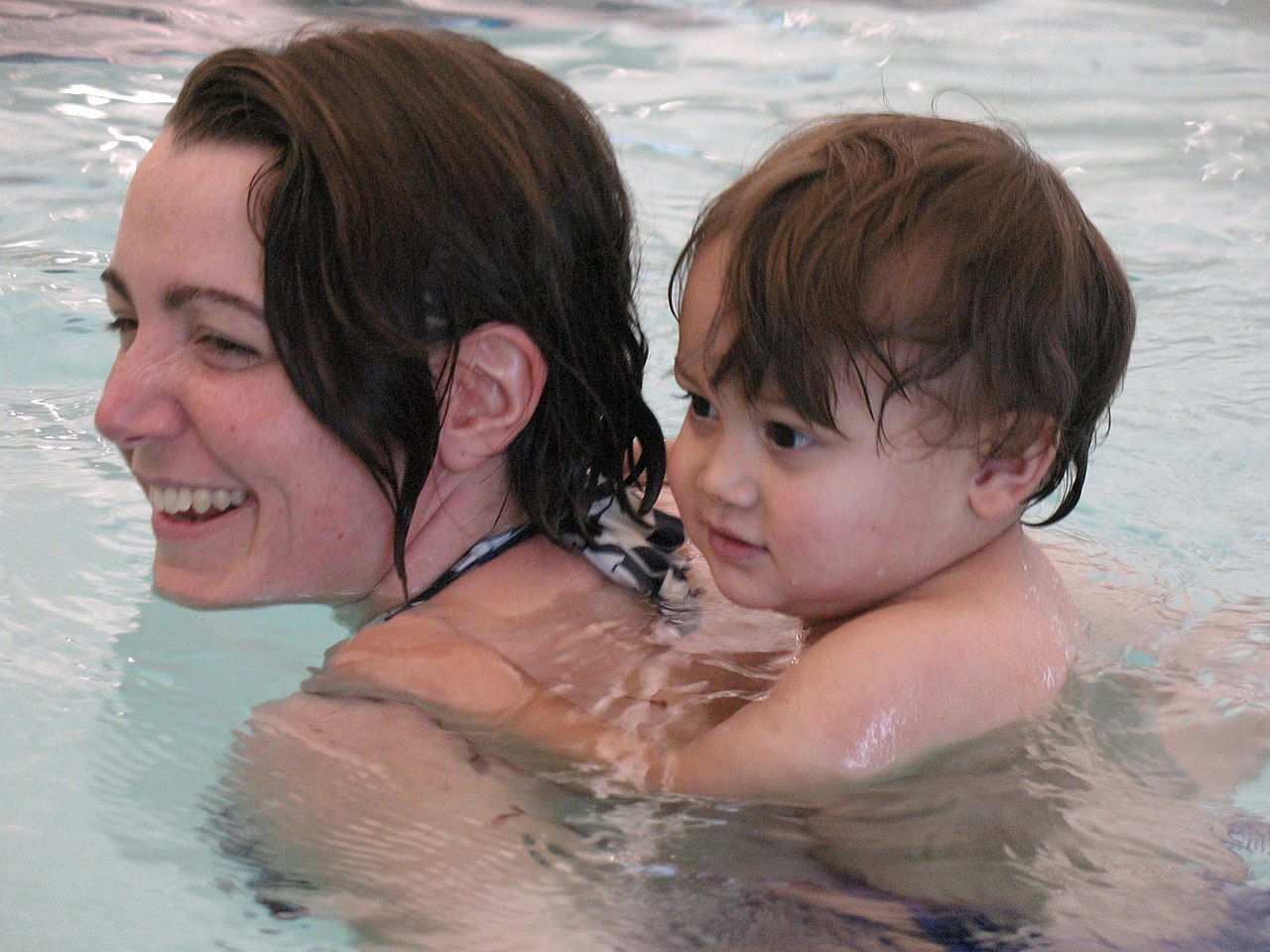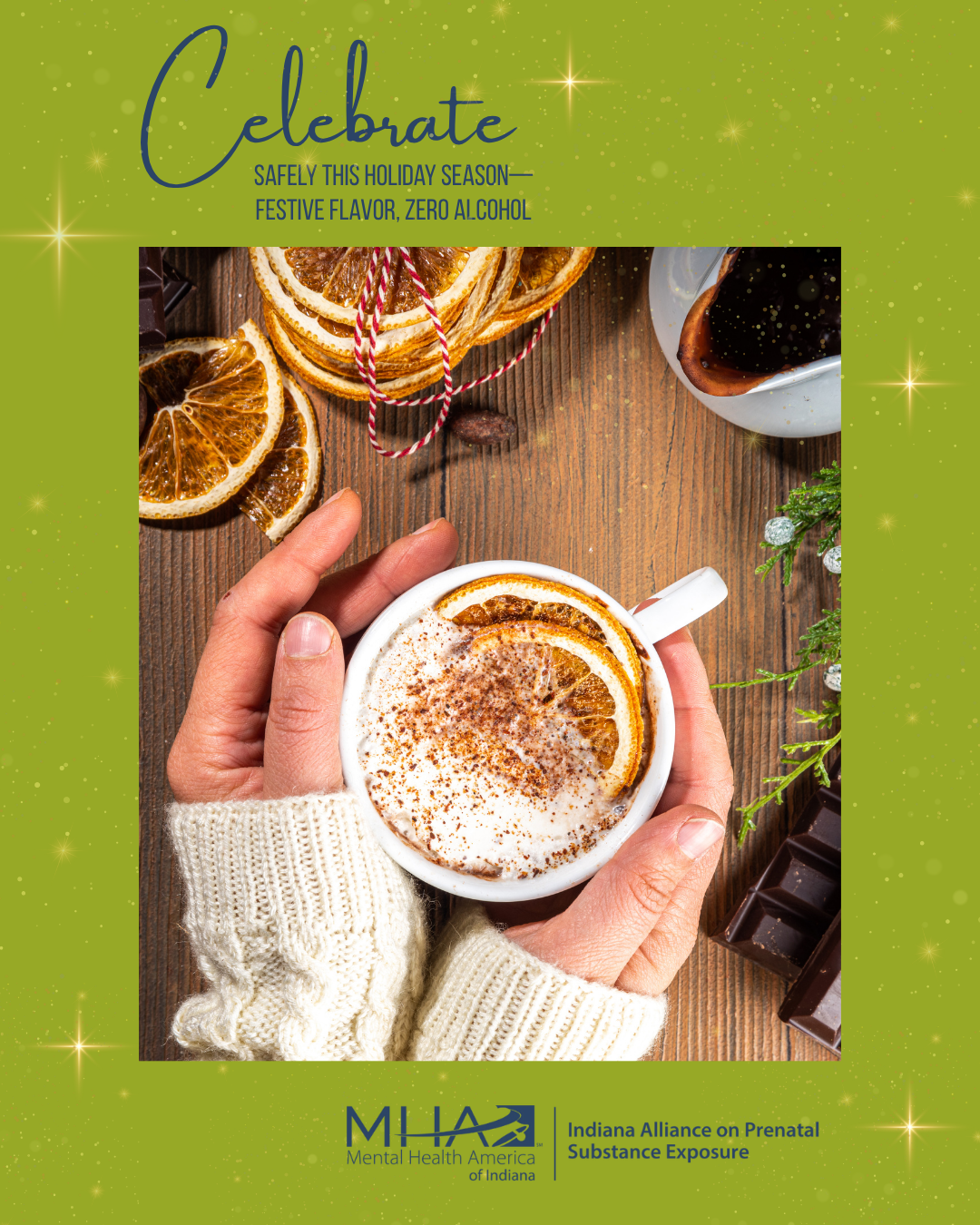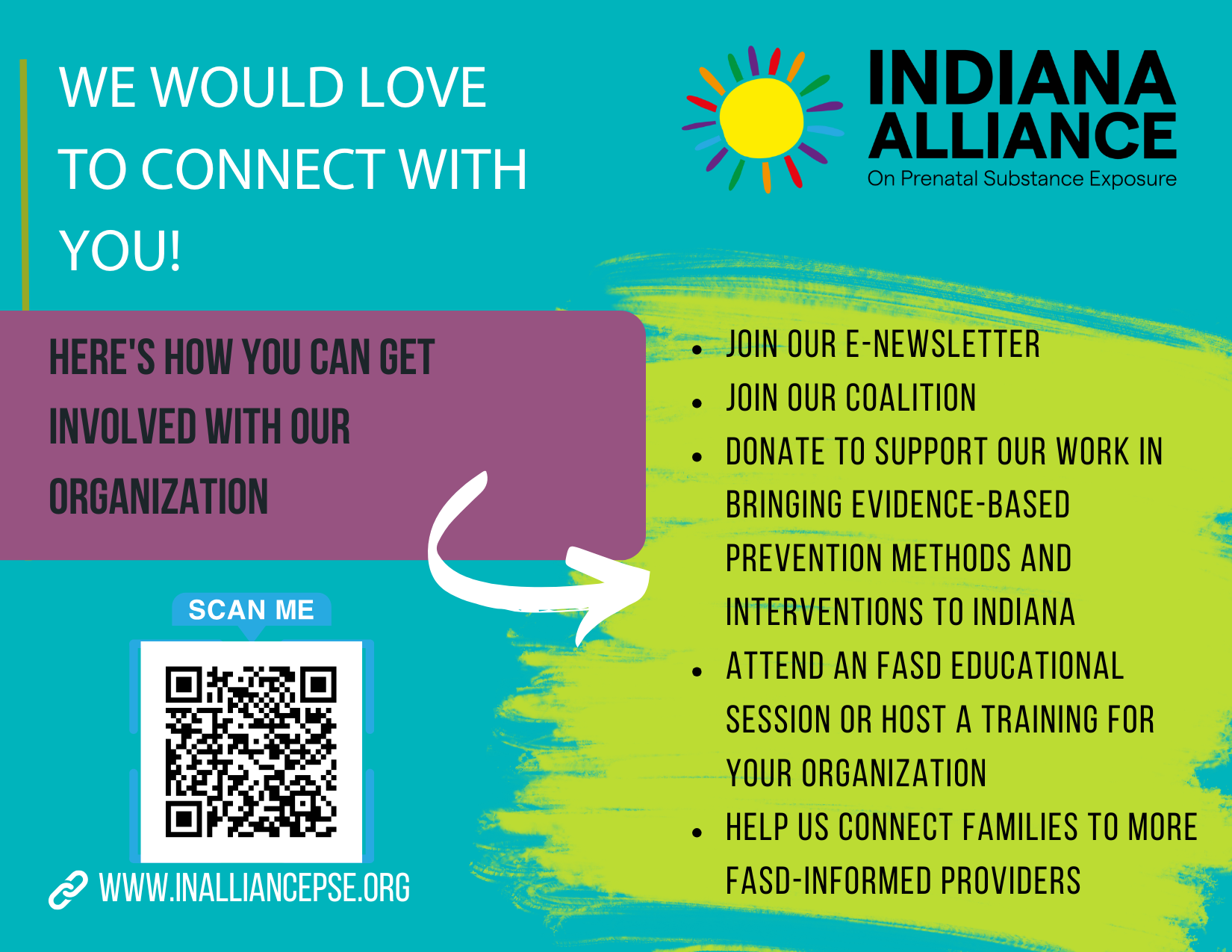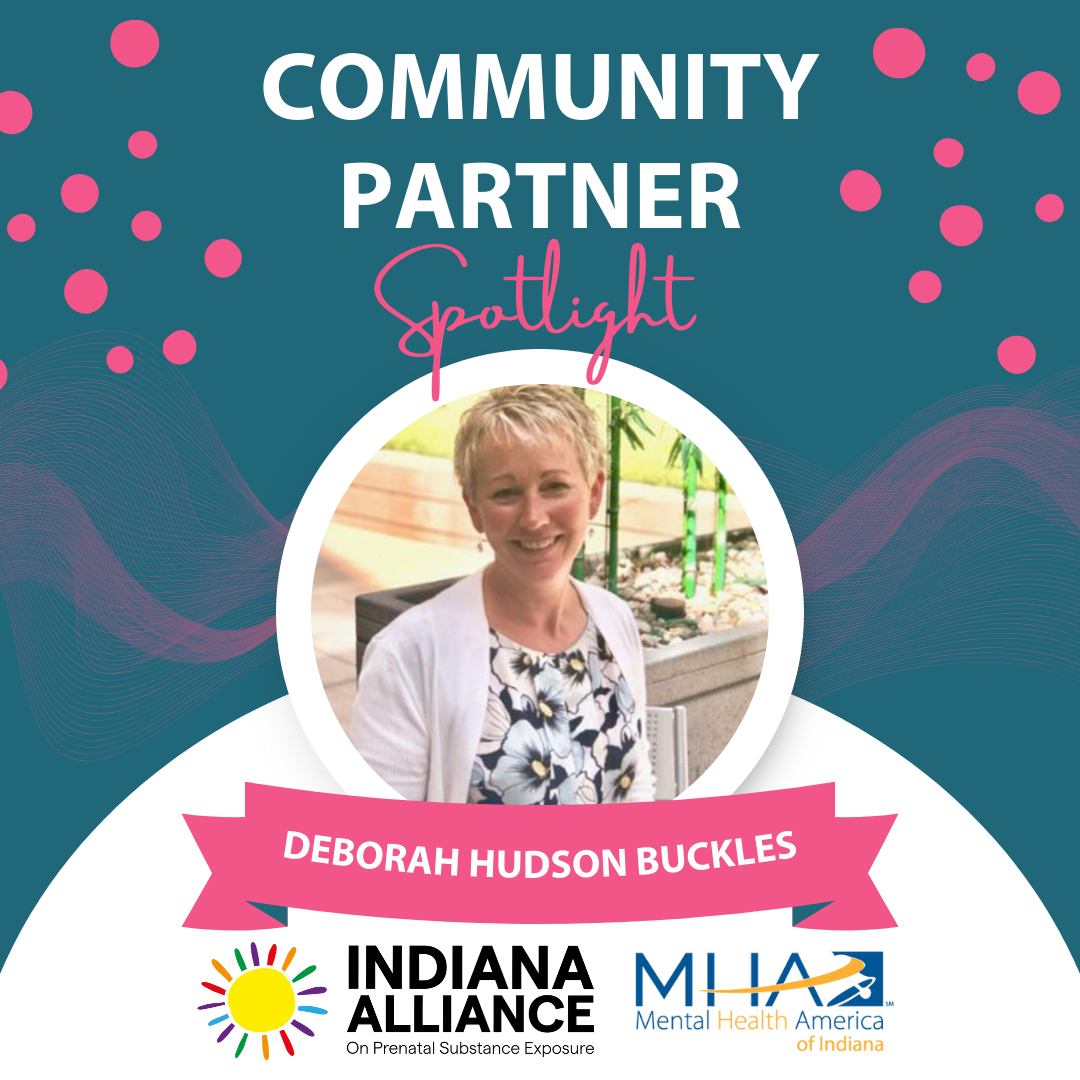
Last year, I took on a new title when one of my children was diagnosed with Sensory Processing Disorder, also known as SPD. From that point forward, I was no longer just a “mom” — I was now a “special needs mom.”
One of the most challenging things about SPD is that many kids who have it (including my son) often appear to be typically developing children. That is, until they suddenly melt down over the loud hum of an air conditioning unit or a tag on the back of their shirt.
Often, an epic tantrum ensues, rendering the child inconsolable. Heads begin to turn, side-eye glances are thrown, and questions and comments inevitably start to roll in. I know, because it happens to me all too often.
Making matters worse is the fact that my son is in the 90th percentile for height and weight, which leads strangers to often ask if he’s 6 or 7 years old. In reality? He’s 4-and-a-half.
I’m mostly used to it at this point, but it’s still frustrating to deal with his public tantrums, keep tabs of my three other kids, and satisfy the curiosity of strangers.
Here’s just a sampling of some of the things people have said to me in the last year alone …
1. “Have you tried a gluten-free, organic, no-food-dye diet?”
Ahhh, yes. The crunchy mamas. Don’t get me wrong; I’m not bashing them. I’m totally on board with healthy eating and free play. However, dietary changes are not a cure-all for every kind of special need. Yes, dietary changes can be helpful in some circumstances, but when Mrs. Granola who doesn’t even know my name or my child’s diagnosis offers me a nutritional lecture (along with a business card for her essential oils website), I feel nothing but annoyance and frustration.
I’m open to suggestions from knowledgeable, experienced, and empathetic mamas, but the unsolicited advice from the random mom at the grocery store — whose child was walking at 8 months and reading by age 3, she’ll have you know — isn’t helpful. (And no, I don’t believe for a second that the $40 bottle of lemon oil is what made all those early milestones happen.)
2. “You know what you really need? More ‘me’ time.”
Listen, self-care is one of the hottest topics among moms today. We all know how important it is to take time to put our feet up, take deep breaths, and practice mindfulness. However, that whole yoga-going, green-smoothie-sipping, meditating-every-morning kind of mom life is not always a reality. Most of us are guzzling coffee, wiping stains off our yoga pants (that we did not wear because we went to yoga class), and pondering the last time we vacuumed the minivan (um, 2015?).
Yes, I would love to get a weekly massage, put on lipstick, meet friends for dinner, and wake up each morning feeling refreshed and inspired, but truly, most of us are just taking it one day at a time here. And no amount of self-care will change our child’s diagnosis.
3. “Consistent discipline is so important. Have you tried time-outs?”
Most discipline techniques commonly practiced today are aimed at children without special needs. I get the whole one-minute-of-time-out-for-every-year-old-the-child-is thing can help some children calm down, recalibrate, and get back in the block-tower building game. And if that works for you, awesome! However, a time-out only further frustrates some children, leaving them not only confused, but also angry.
Plus, isolation can have the opposite effect on some kiddos. Using different tools to help a child with special needs navigate big emotions and reactions isn’t coddling them — it’s changing our standardized parenting to meet the child’s individual needs.
4. “There’s an excuse for everything these days … “
I know that some people are fed up with “PC culture” and “exceptions.” But that is not what special needs parenting is all about. Instead, we are thankful that science is catching up with the times, and our children are not only being more accurately diagnosed, but are also receiving the accommodations they need in order to be successful. A special needs diagnosis and its subsequent accommodations mean that we, as parents, are bringing up a collective generation of children who are more likely to be independent, empathetic, and responsible adults. Cheers to humanity!
5. “So … your kid has autism?”
Today there are many different types of special needs, though autism, ADD and ADHD, and Down syndrome are more well-known (but not always well understood). In my circle of adoptive mama friends alone, we have children with Fetal Alcohol Syndrome (FAS), ADD and ADHD, Autism, Apert syndrome, Down syndrome, Oppositional Defiance Disorder (ODD), Reactive Attachment Disorder (RAD), Auditory Processing Disorder, and many more. And just because two children have the same diagnosis, doesn’t mean they will have all or even many similarities. Every child is different, so let’s not immediately lump them all together. Diversity is a good thing because it renders us empathetic and accepting.
6. “You’re a good mom.”
YES. Of all the things I’ve heard in the last year, this is the one I’ve needed to hear the most. And don’t we all — whether or not we’re raising a child with special needs?
Last spring, I was in a meeting with my child’s speech therapist. I’m certain she could sense my anxiety and frustration. She abruptly interrupted our discussion about comprehension to tell me I was doing a good job with my child, and my eyes instantly welled up with tears. Moms too often believe that we are failures because our children don’t measure up to a certain standard or react in a way that we, as adults, deem rational and acceptable. Being a parent is the hardest job, and sometimes we need someone to remind us of our value, whether that person is someone we know, or a total stranger.
Mamas parenting children with special needs have almost always accepted the child’s diagnosis and needs. And we fight like hell for our kids every day. What we crave from those around us, whether she be a stranger or a long-time mom friend, is trust and respect. Please know that we special needs moms are doing our best, that we know our children well, and that motherhood is about coming together as a tribe, full of encouragement, support, compliments, and honesty.
This article appeared originally at www.babble.com, authored by Rachel Garlinghouse.







